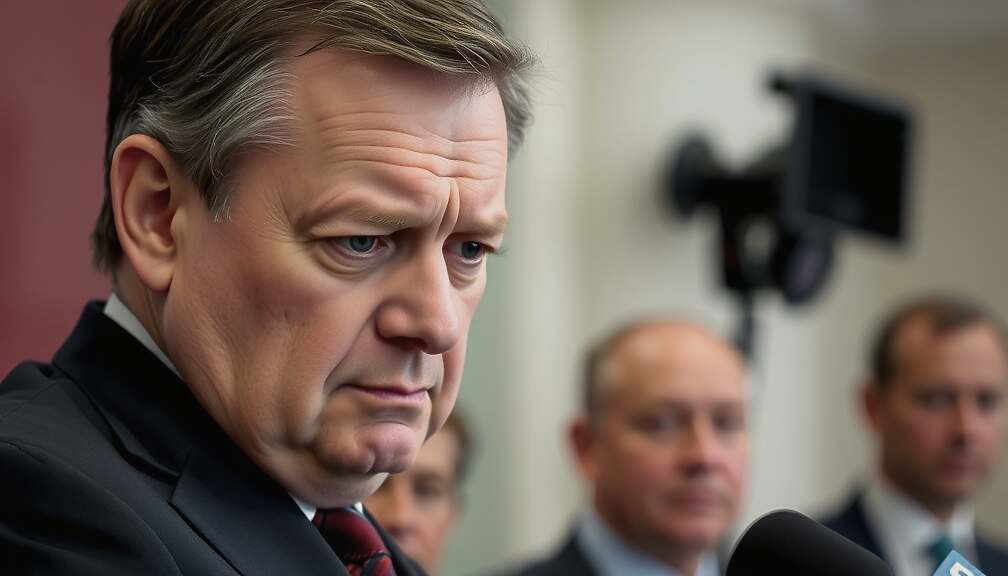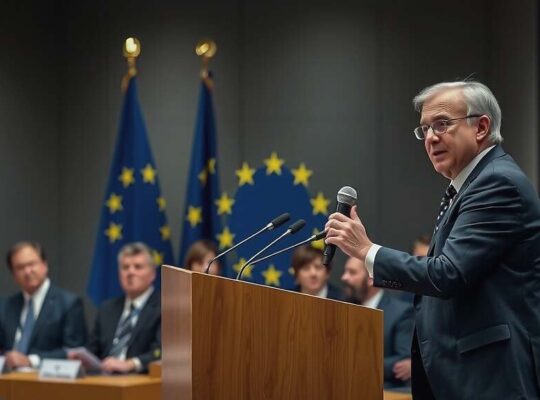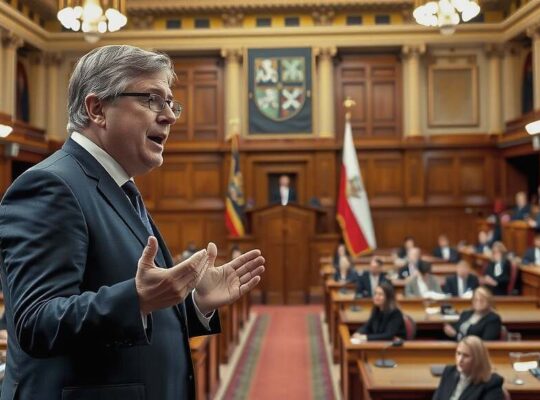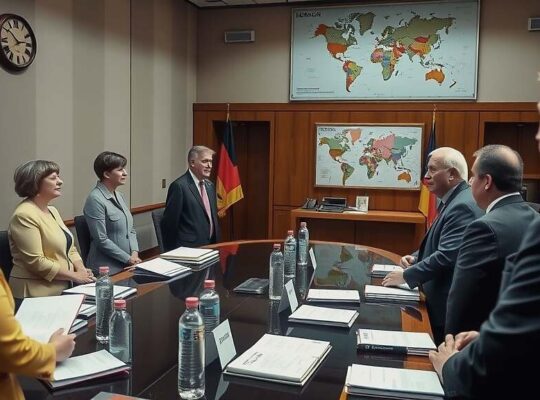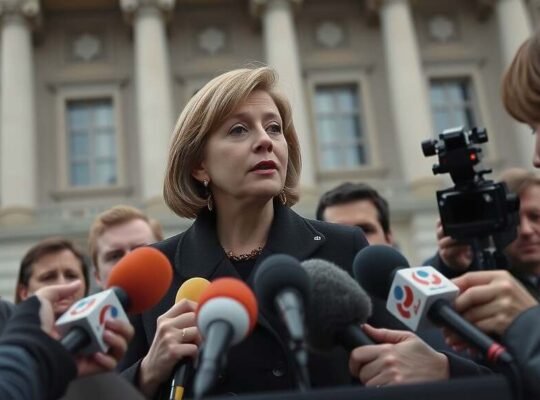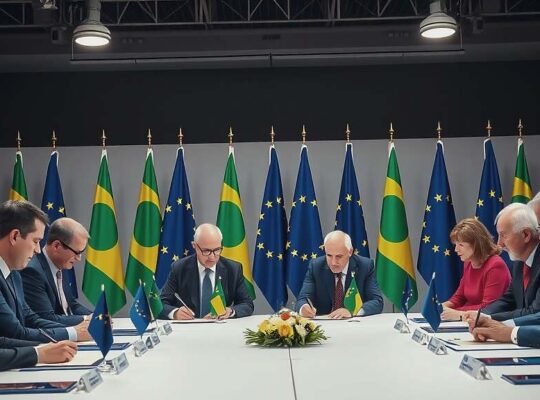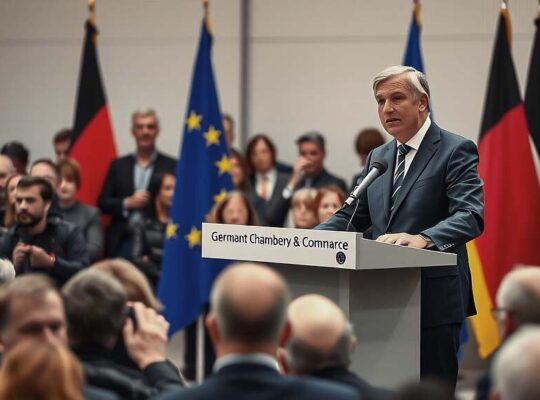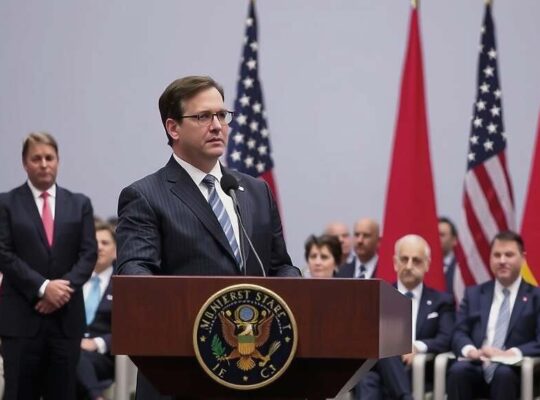Green Party Leader Felix Banaszak has accused the governing coalition of breaking its word. Speaking to the Funke media group, Banaszak stated that both CDU leader Friedrich Merz and SPD leader Lars Klingbeil had promised in the coalition agreement to reduce the electricity tax for all citizens. However, he argued that instead of providing relief for private households, families and small businesses, the CDU and SPD are prioritizing expensive tax benefits for their specific constituencies.
The Green politician also criticized the government’s handling of pension reform, describing it as a disappointing and costly compromise. Banaszak asserted that this approach prioritizes political stability over the interests of the people and the country’s future.
He expressed disappointment with the outcomes of the coalition committee meeting, not entirely surprising given recent broken promises from Merz and Klingbeil. Banaszak characterized the committee as a test of Chancellor Friedrich Merz’s credibility, which the coalition has failed.
The head of the German economic advisors also sharply criticized the results of the coalition summit. The Munich economist noted that it was not unexpected but nonetheless regrettable that the coalition partners could not agree on a reduction in the electricity tax for all. While welcoming the potential for financial flexibility in such measures, she questioned the government’s priorities, suggesting that other planned measures, such as increasing the mothers’ allowance and reducing the VAT for the gastronomy sector, are similarly costly but less justifiable in the current fiscal climate.
Hendrik Wüst, the Minister President of North Rhine-Westphalia (CDU), placed responsibility for the failure to lower electricity prices for consumers on Finance Minister Lars Klingbeil (SPD). Wüst stated that it was primarily the Finance Minister’s responsibility to make this possible and urged him to recalculate and propose further measures.
The coalition committee concluded its meeting on Wednesday evening without reaching a resolution on the electricity tax issue. While the electricity tax will be reduced for industry, a statement released following the meeting indicated that further relief measures – particularly a reduction in electricity tax for consumers and the wider economy – are planned “as soon as financial resources become available”.


